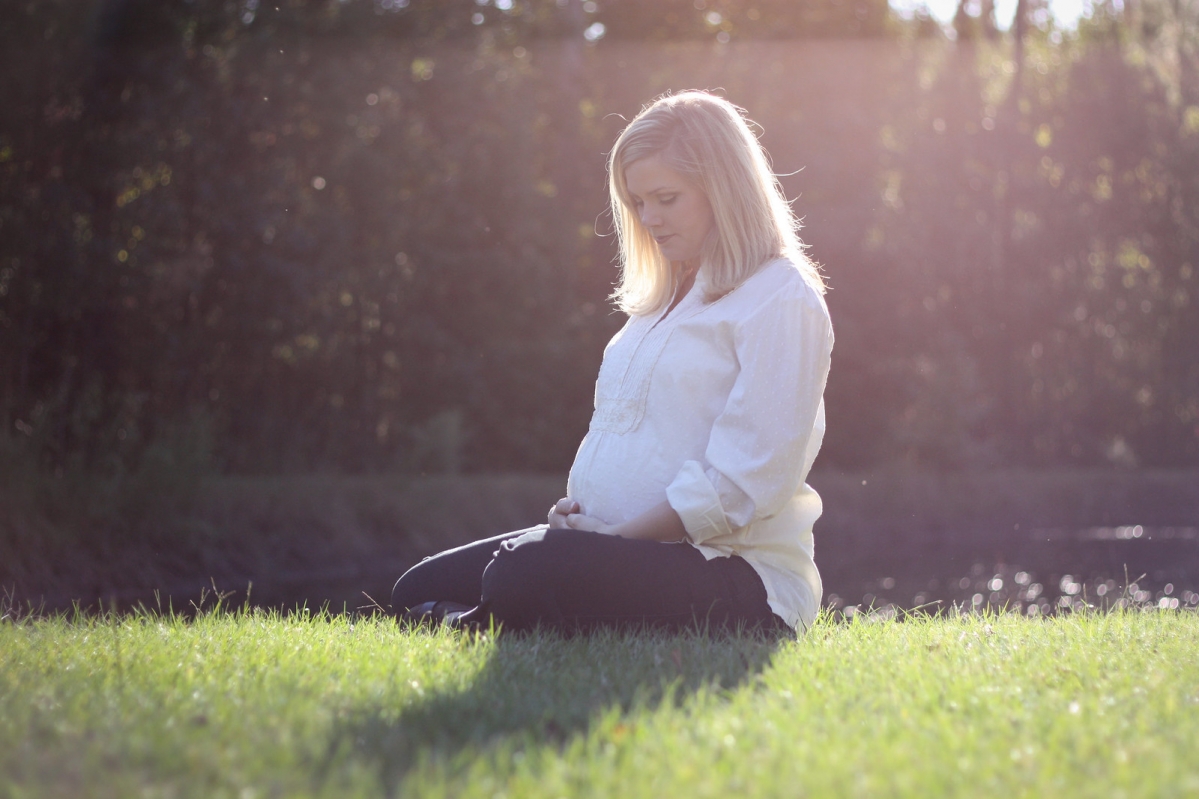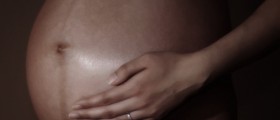Are you trying to conceive, or newly pregnant? Of course, you want to know what it's really like to expect a baby. What are the most common antenatal discomforts during pregnancy?

Pregnancy is different for every woman, and one woman may even have completely different experiences from one pregnancy to the next. Everyone has heard about morning sickness and pregnancy cravings. But while they are common antenatal complaints, they're not universal. Pregnancy is an exciting time, partially because every expectant mother has to enjoy the ride and find out for herself. Here is a glimpse of what could come your way during those nine months.
Morning sickness is probably Pregnancy Complaint number one as much as 75 percent of all pregnant women suffer from nausea and vomiting at some point during their pregnancy. Morning sickness is often the first pregnancy sign to kick in. For most, the nausea will be gone by the time the second trimester begins.
More frequent urination definitely comes with the territory. At first, hormones are to blame for having to pee all the time. Later, it's actually the fetus pressing on an expectant mom's bladder.
Heartburn is another very common discomfort, that typically turns up during the second trimester of pregnancy.
Braxton Hicks contractions are painless uterine contractions that go on throughout pregnancy. Most women start noticing them at some point during their second trimester. During a Braxton Hicks contraction, your belly tenses up and feels like a hard ball. These "practice contractions" go away with a change of position.
Backaches are fairly common, because pregnant women carry a lot more weight around with them all of a sudden. Proper shoes and massages can alleviate some of the discomfort.
Swollen ankles are yet another antenatal discomfort. Water retention can be improved by drinking plenty of clear fluids, and putting your feet up when it gets really bad. Did we mention pregnancy fatigue? This is typically worst in the very earliest stages of pregnancy, when your body works hard to support that tiny embryo. It comes back during the third trimester, when sleep may be difficult to achieve.
Which brings us to insomnia. Hormones, weird dreams, and sheer size can make sleeping a challenge during the later stages of pregnancy.There are lots of other possible discomforts, but they shouldn't give pregnancy a bad reputation. It's all worth it, and if you are in the thick of some of the more trying pregnancy signs and complaints, remember that this too shall pass.
















Your thoughts on this
Loading...